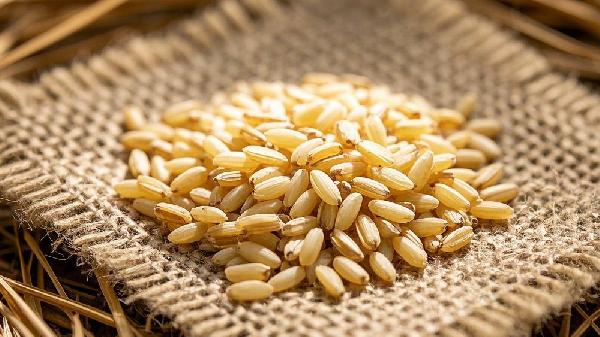Grapes are a delicious and juicy fruit, rich in vitamins, minerals, and antioxidants, offering numerous health benefits. However, even with healthy fruits, excessive consumption may lead to some discomfort. This article will explore the health benefits of grapes and a few points to keep in mind when eating them.

I. Health Benefits of Grapes
1. Antioxidants: Grapes are rich in various antioxidants such as vitamin C, vitamin E, anthocyanins, and flavonoids. These antioxidants help combat free radical damage and reduce the risk of chronic diseases.
2. Vitamins and Minerals: Grapes contain abundant vitamins and minerals, including potassium, calcium, iron, magnesium, and vitamin K. These nutrients are crucial for maintaining heart health, bone health, and the normal function of the immune and nervous systems.
3. Lower Cholesterol: Certain components in grapes, such as proanthocyanidins, help reduce bad cholesterol (LDL) in the blood, thereby lowering the risk of cardiovascular diseases.
4. Prevent Diabetes: The dietary fiber in grapes helps maintain stable blood sugar levels, preventing diabetes.
5. Promote Digestion: The dietary fiber in grapes aids in promoting intestinal motility and preventing constipation.
II. Precautions When Eating Grapes
1. Moderation: While grapes are beneficial for health, excessive consumption may cause discomfort. Grapes are naturally high in sugar, and overeating may lead to elevated blood sugar levels, which is unfavorable for diabetics.
2. Allergies: Grapes contain some components that may cause allergies, such as pollen and certain substances in the skin. People with allergies should be extra cautious when consuming grapes to avoid allergic reactions.
3. Stomach Discomfort: The dietary fiber and fruit acids in grapes may irritate the stomachs of some individuals, causing discomfort. For those with sensitive stomachs, eating grapes in moderation and avoiding them on an empty stomach can reduce discomfort.
4. Avoid Interaction with Certain Medications: Some components in grapes may interact with certain medications, affecting their efficacy. For example, certain components in grapes may interact with blood pressure medications, anticoagulants, and antibiotics. When consuming grapes, consult a doctor to understand potential interactions.
5. Wash Grapes: Before eating grapes, wash them to remove dust and pesticide residues. You can soak them in saltwater or use a specialized fruit and vegetable cleaner.
III. Enjoying Grapes in Various Ways
1. Direct Consumption: Fresh grapes are the most common way to enjoy them, either eaten raw or made into grape juice.
2. Cooking: Grapes can be used in cooking, such as adding them to salads, cakes, or desserts to enhance flavor.
3. Raisins: Raisins are dried grapes that retain most of their nutrients, making them suitable as a snack or an addition to baked goods.
4. Grape Juice: Grape juice retains most of the nutrients in grapes and is suitable as a beverage, but choose versions without added sugar.
Summary
Grapes are a delicious and nutritious fruit with numerous health benefits. However, even healthy fruits can cause discomfort if consumed excessively. When enjoying grapes, pay attention to moderation, avoid allergies, be mindful of stomach discomfort, avoid drug interactions, and wash grapes properly. By consuming grapes wisely, you can better enjoy their health benefits while avoiding unnecessary risks.
























